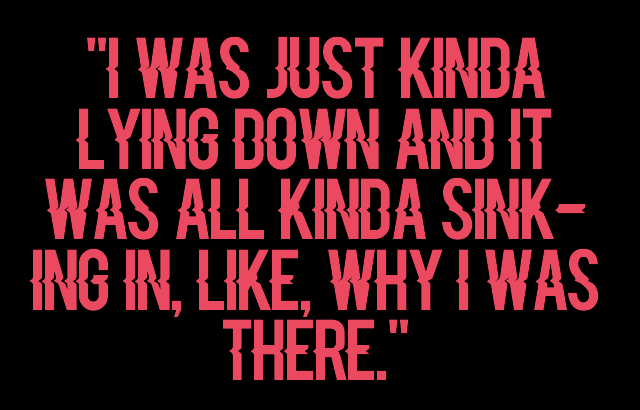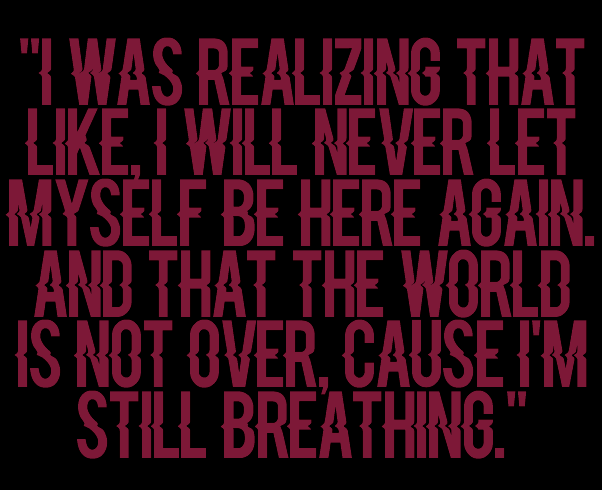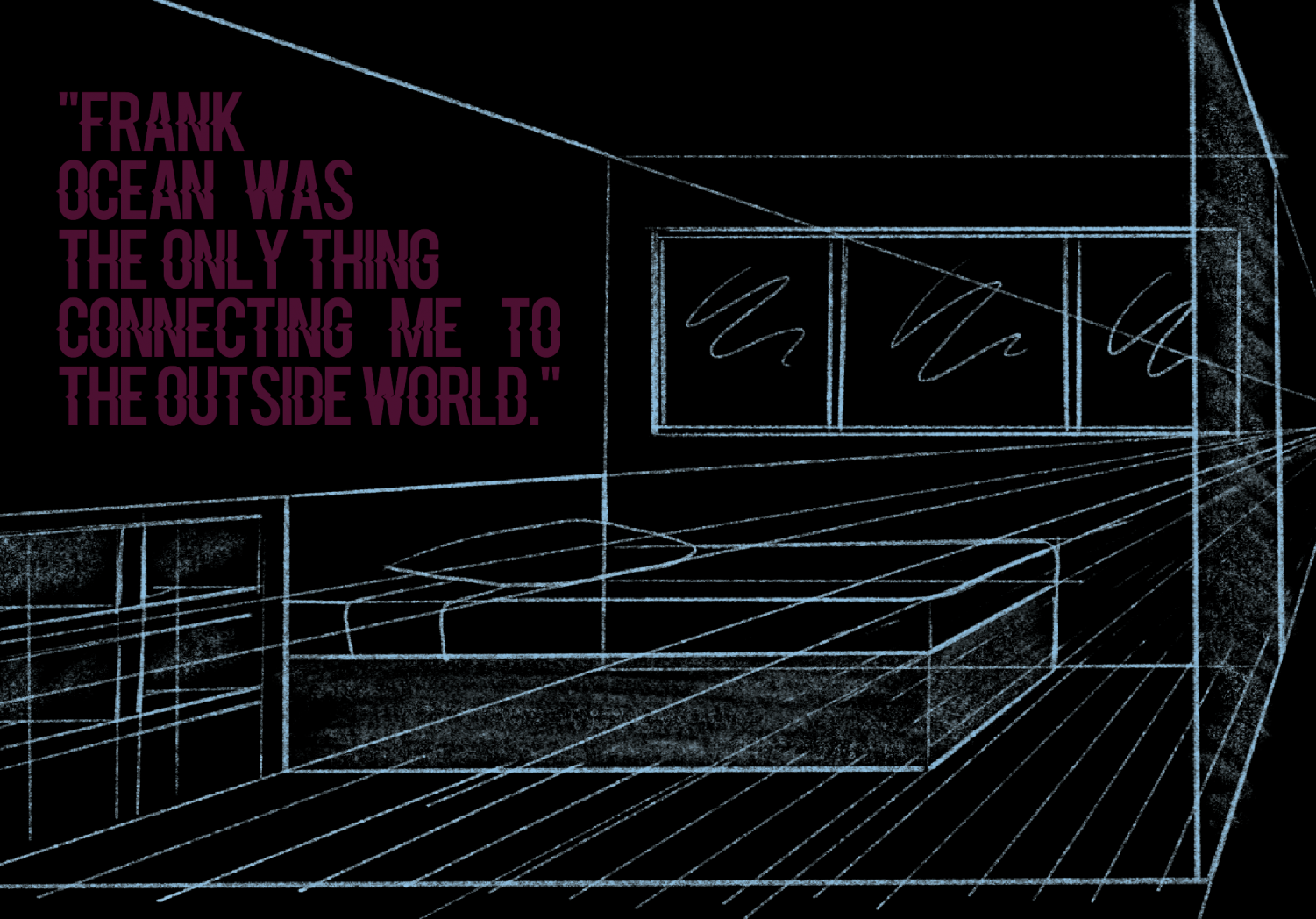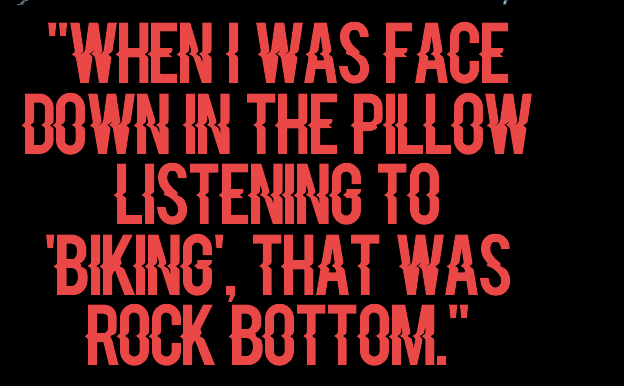5150
California Welfare and Institutions Code 5150. When a person as a result of a mental health disorder is a danger to others or to themselves, a peace officer, or professional person designated by the county, may take the person into custody for a period of up to 72 hours for assessment, evaluation, and crisis intervention.
California Welfare and Institutions Code
5150
(a) When a person as a result of a mental health disorder is a danger to others or to themselves, a peace officer, or professional person designated by the county, may take the person into custody for a period of up to 72 hours for assessment, evaluation, and crisis intervention.
Every year, hundreds of children and teenagers across the Bay Area are forced into mental hospitals for 72 hours or more under the 5150 code. In the 2018-19 school year at Tam, almost a dozen kids have been institutionalized on campus alone. One of the many kids placed in a psychiatric hospital is an anonymous Tam senior, who will go by Nathan, who was detained for more than three days in the Fremont Psychiatric Facility in January of 2018.
“I’ll start from the beginning,” Nathan said. He was sprawled out in a plastic chair behind the student center. His eyes were watery, as if he was looking at something in the distance, and I was not sure whether this was difficult for him to talk about or if he was simply spaced out. “So… I broke my arm. I was mad. Why I was mad… I had been drinking, was drunk,” he said. Nathan’s story began in a moment totally unrelated to his institutionalization. “I had just gotten into a big fight with my step dad and my dad. And I had insomnia, so I’m lying in my bed, and it’s 3 a.m., and I’m just thinking about all this stuff in my head. And the conclusion that I came to was that I needed to get it out somehow. The best idea that came in my mind was to punch my wall… so I punched my wall. First, punched through it to the other side of wall, and ‘cause I was drunk, I was like ‘that was easy,’ did it again, wasn’t so lucky the second time, hit a stud, broke my wrist and dislocated my pinky.”
It was the middle of the night, and Nathan was left drunk with a broken arm. So his mom took him to the hospital, Kaiser Permanente San Rafael. There, Nathan’s arm was wrapped up in a cast and he was ready to go home. But the hospital staff stopped him from leaving. “They thought I was suicidal because I tested positive for Xanax,” he said.

A month earlier Nathan had been diagnosed with clinical anxiety, clinical depression, and clinical insomnia. However, he said he did not have suicidal thoughts. “Kaiser had marked me for suicidal intent… which I wasn’t. You can ask my peers, myself, my family… if I had any suicidal intent. They wrote that because I had taken Xanax and because I had depression… they assumed that I was gonna OD and gonna kill myself.”
If a doctor, police officer, or other professional decides that a patient is a danger to themselves or others at anytime, the subject can legally be placed in the 72-hour hold. Nathan wasn’t allowed to leave, but there weren’t any beds at local mental facilities. When there aren’t any youth beds available, underage patients are forced to stay at a non-psychiatric hospital until a spot opens. “So I spent about 18 hours at the Marin General Hospital. Then from there I was transported via ambulance to the Fremont Mental Hospital. I told everyone that I wasn’t supposed to be there, but I was forced to go,” Nathan said. “My mom just took me to the hospital to get help. And then I was taken. There wasn’t anything we could do about it. There was a cop outside guarding the door. I was forced… to get detained.”
He was pushed in a wheelchair into a facility that he described as a prison. The hospital was organized into three different stages containing different privileges, with all patients starting at stage one upon entering. “When you’re a stage one, basically you’re only allowed back into two different rooms [in addition to your room], one room with a TV and another room with board games. The whole group has to decide which room to be in, though, and you’re only allowed to be in the room for like three hours of the day. The rest of the day is spent doing group sessions, with, like, therapists or psychologists.”
The hospital took certain measures to stop patients from hurting themselves. “When you enter they take everything from you that could be harmful to you… what they call contraband, so any metal or plastic or string or rope-type things. They take the laces of your shoes, no belts. If you have to comb your hair, they give you a comb to comb it in front of them, then you give it back to them,” he said. “For the first day I just wore hospital clothes and then my mom came to visit me, my mom and dad came to visit me. My dad brought me Chick-fil-A and my mom brought me hella clothes to wear. That was nice, having actual clothes to wear. I felt more like myself. But I still felt like I was in another planet…”

What Nathan remembers vividly was the food. “The first day I got there the first thing I ate was dinner. I remember what the dinner was… it was ham with ketchup. Ham, ketchup, and like a biscuit. Ham, two slices of dead, gross, shiny, sweaty ham that looks like it’s been in a broken refrigerator for two weeks. And basically half the kids wouldn’t eat it out of disgust and the other half wouldn’t eat it out of spite. I tried to eat it because I was hungry, but I couldn’t really. In the morning they would serve maybe one flat pancake maybe the width of a centimeter… literally so miniscule… and I just wouldn’t eat it. But basically what they administer to kids to make sure they don’t lose weight is this… drink that basically has a ridiculous amount of calories in it and it’s super fattening, so it’s for kids that don’t eat: it makes them gain weight, it makes them gain fat so they don’t lose weight.” The combination of stress, drugs, and the cafeteria food caused Nathan to lose weight rapidly. “The second day, they checked my blood and did a physical on me. And before this process I remember my weight from the hospital… it was 152… and I stepped on the scale and it was 138. So I was drinking like 3-4 of those a day to gain the weight back.”
The environment of a mental hospital creates a unique social situation. “When I got there I just kinda stayed in my room until I had to go to a group meeting. But the people there were kinda nice for what I thought people in the a mental facility would be, even though their background was a lot more conflicting. I met my friend Tayrion… Well, not my friend. I made friends with him. He was in there for stabbing his best friend in the chest…. There was this kid, kid was wild. He came in with a huge, with a rip out of his ear from a fight, with blood all over his clothes. He was probably 11, 10 maybe… Anyway there was just a bunch of other kids in there with a bunch of other horrible backstories like that.”
In the hospital, though, everyone kept to themselves. “If you obey the rules and you don’t have any outbreaks on any of the nurses… you can level up to level two after 24 hours, which is what I did because I just kept to myself and didn’t really talk to anybody the first day,” Nathan said. “I didn’t really talk to anybody who didn’t talk to me. In the mental hospital after the first day you kinda learn the ways. It’s the mindset. You don’t talk to anybody who doesn’t talk to you because you don’t know the situation they’re in, and you could set them off at any point, and you don’t want to deal with that. There’s dangerous people in there.”

Nathan said the hardest part was facing his parents. “Visiting hours were only from 7:00 to 7:45, only 45 minutes, and my parents had to drive all the way from Mill Valley to Fremont just for 45 minutes. My dad did [the drive] all three days. I don’t really want to get into that part but that was… It was just really hard for my parents to see me,” Nathan said. “My dad is a really strong guy, so he was really supportive. He’s seen worse… he’s seen shit. My mom was really shook, though, she’s never seen something like that. She was crying, my sister was crying and frantic,” Nathan said. “Not to front on some boss shit but I didn’t cry the whole time. It wasn’t sadness. I was just lost. I was just empty. To cry you have to have context. I was just empty, kinda blank.”
Due to the conditions of the hospital, patients were often unstable, and occasionally, violent. To prevent altercations or possible outbursts, patients were lined up and forced to take a prescribed combination of drugs every night. “I… So yeah they administered me Klonopin at about 9 p.m. [on the first night] and that was my first time ever taking it and it made me feel really weird… I didn’t like it. And about thirty minutes in, I started one of the worst panic attacks I’ve ever had in my life. I started to feel a panic attack coming on and, I knew how to stop panic attacks before because I’ve had them before, I’m used to them,” Nathan said.
So he tried to cope like he would cope at home. “I started running around basically the whole area you have to run around which is the hospital hallway. It’s basically a Tam hallway but a big circle. It kind of worked but I started to break down… the medication made me feel super weird and the lights were super fluorescent and my vision started getting blurry so I had to sit down… and from there basically all my senses started getting numb… My fingers started getting numb, I started to drool. I couldn’t really see, I couldn’t control my breathing, until they gave me, I think, they gave me Ambien, to go to sleep.”
The first night and day were punctuated by this intense panic attack and a constant feeling of dread for Nathan. The stressful environment and unfamiliar medication amplified an already precarious mental state.
By the second day, Nathan was still struggling. But because he moved up a level, he finally had access to music. “When I moved up to level 2 we got to listen to music for an hour at nine. Everybody got to put in one song. This was really emotional. I hadn’t listened to music in three days, and music is super important to me. The only audio I had for 46 hours was the noise of monitors, the noise of nurses, and the noise of schizophrenic people, like, slamming themselves against doors. The songs I chose was Pyramids by Frank Ocean, Level by A$AP Rocky, Heard Em Say by Kanye West… and some other important songs to me.” Nathan paused here, looked off into the distance at some unknown image and it seemed like he had forgotten he was in an interview.
“I don’t think I’ve ever had an as powerful music experience. I don’t know. That was just like… That was something else. Even though I had to really tune into it because there was a ton of kids yelling over it and half the kids didn’t want to listen and I was the only one who really knew this song. And so I was sitting in the corner just trying to listen to it. Frank Ocean was the only thing connecting me to the outside world,” Nathan came back to reality and shook himself out of his moment of remembrance. “And so that was really emotional. That raised my morale a lot. And I realized that, alright, it’s the second day, I’ve been doing my stuff, it’s only a 72 hour hold. Even though it felt like a goddamn million hour hold, I was like alright, I’m getting out tomorrow. The music really got me through I’d say.”
This moment of hope was short lived. Despite the first night’s ordeal, Nathan was given the same drugs. “The second night they gave me the same Klonopin and I went to my room and had an even worse panic attack. The lights were on and they were super bright and it looked like I got flashbanged. My whole body started shaking and I’m sitting at the edge of my bed. The first thing I lose sense of is my cheeks, and my face, and my lips. And then I can’t breath and my legs start to get numb. I fell out of my bed and I was on the floor,” Nathan laughed, maybe a little bitterly. “And my roommate was a super orthodox Christian. He thought I was getting possessed by the devil. And so while I was having a panic attack, one of the worst panic attacks I’ve ever had in my life, he starts reading the Hail Mary full of grace…. Hail Mary full of grace forgive all my sins all that shit. I was like ‘Dude, I’m not trying to hear you preach, I’m trying to do my breathing exercises, trying to get through this panic attack.’ There’s nothing you can do during a panic attack. Your breathing is… your lungs are like a mockingbird.”
As he lay on the ground, shaking, detached, his roommate’s yells mixed with muffled footsteps and speech. “Anyway so the doctors came in and they lifted me up and they were talking me through it. And they gave me Ambien and they said ‘What’s gonna help?’ and I said ‘music.’ The song I chose was another Frank Ocean song, It was Biking by Frank Ocean,” Nathan said, laughing. “They didn’t have a speaker so the nurse just gave me her phone, which was kind—to give a mental patient your phone… So I lied down and set it next to my pillow and I had that playing and I didn’t have headphones or anything and it was kinda quiet but it was totally good enough. I was just lying there, cause after you have a panic attack your body is so worked out it’s like running a mile. So I was just kinda lying down and it was all kinda sinking in, like, why I was there.”

Another student walked by us then, and shouted Nathan’s name. But Nathan didn’t hear him, he was in another place. “I thought, for instance, why I had a broken hand. Why I punched my wall. Why I was mad. Because I had just gotten into a big fight with my stepdad and my dad. It was just really conflicting. I was realizing that like, I will never let myself be here again. And that the world is not over, cause I’m still breathing. Cause like when you have an anxiety attack, it feels like you’re dead, like you’re dying, but then you come out of it and you’re like I’m alive. It’s kinda indescribable, but to people who read this and who have this same shit, they’ll understand. So I basically was just lying in bed for about 20 minutes, and then [the nurse] had to take her phone and I was lying there and the Christian guy like stopped doing his Holy Grails and he was like, ‘Are you okay dude?’ Then I came out of it. And I just took a shower, I took a really long shower, and I just thought about being outside and how grateful I am that I’m not one of the schizophrenic people in here who’s stuck in here for like six months.”
Nathan seemed relieved, like he just relived that night in his head. “That whole combination sent me into a sleep, thank god. When I was face down in the pillow listening to ‘Biking’, that was rock bottom. Easy. I didn’t feel like I was in a bed. I felt like I was in a coffin.”
For Nathan the last 24 hours passed slowly but without incident. He described leaving as a new day. “My mom picked me up, and I was driving home, and she was super happy.” Since leaving, Nathan said he got on a new track. “I got on new medication, I went home, and then I started on this whole new track of treatment with a bunch of different medications, and that’s where it goes from there. I eventually tapered off Xanax, and didn’t have any bad side effects, thank god. Because you can die from the withdrawls. I did therapy and then it felt like summer, and I felt better. Eventually, I just felt better.”
“It was the most gratifying thing, the nicest thing, driving in my mom’s droptop back from Fremont on a sunny ass day.”
Despite his promise to himself to not go back, and despite the positive turn his life took after the experience, in November of 2018, Nathan was institutionalized again at the Aurora Mental Health Center of Santa Rosa. This would be a second opportunity to experience an essential, if flawed part of our mental health system.
To be continued…
Read part 2 in April

